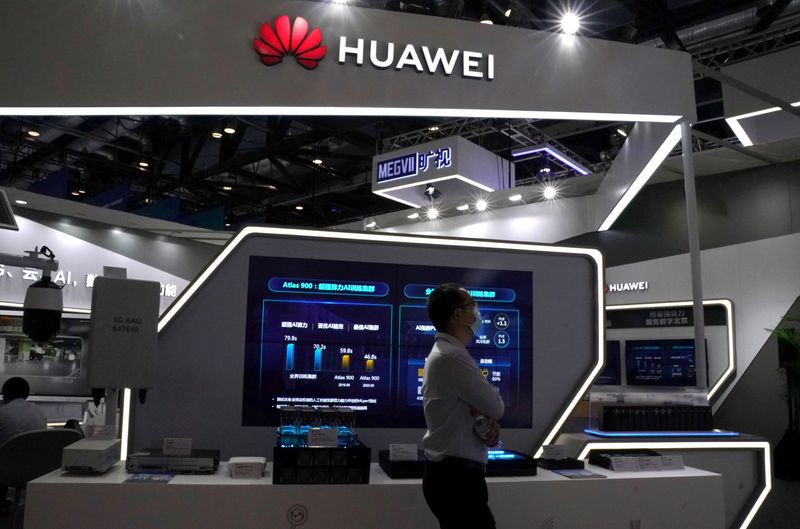This post was originally published on this site
https://i-invdn-com.akamaized.net/trkd-images/LYNXMPEG8T0SO_L.jpg
Coalition and government sources said on Wednesday that scrutiny of a vendor’s governance and technology would be extended to the Radio Access Networks (RAN) powering next-generation 5G services, in addition to the more sensitive core.
The sources confirmed a report in the Handelsblatt daily which said that, after two years of wrangling, Chancellor Angela Merkel’s coalition had agreed on a formula for how to handle so-called high-risk vendors in a proposed IT security law.
The compromise still needs to be drafted into a legal text, which Merkel’s cabinet is now expected to review in November, Handelsblatt reported, without naming its sources.
European governments have been shifting their position following pressure from the United States, which says the global telecoms network leader poses a security threat because, among other concerns, Chinese companies and citizens must by law to aid the state in intelligence gathering.
Huawei, based in Shenzhen, denies that it would allow its equipment to be used for spying.
German officials say that, while Britain has formally banned Huawei and France will informally exclude it, Germany will effectively strangle it in red tape. “The final outcome is the same,” one senior security official has said.
Germany’s three mobile network operators – Deutsche Telekom (OTC:DTEGY), Vodafone (NASDAQ:VOD) and Telefonica (NYSE:TEF) Deutschland – are all clients of Huawei and have argued that ripping out and replacing its equipment would be costly.
Market leader Deutsche Telekom’s 5G network in Germany, built largely with Huawei equipment, already reaches 50% of the population. By the time the IT Security law takes effect, it is expected to largely be complete.

